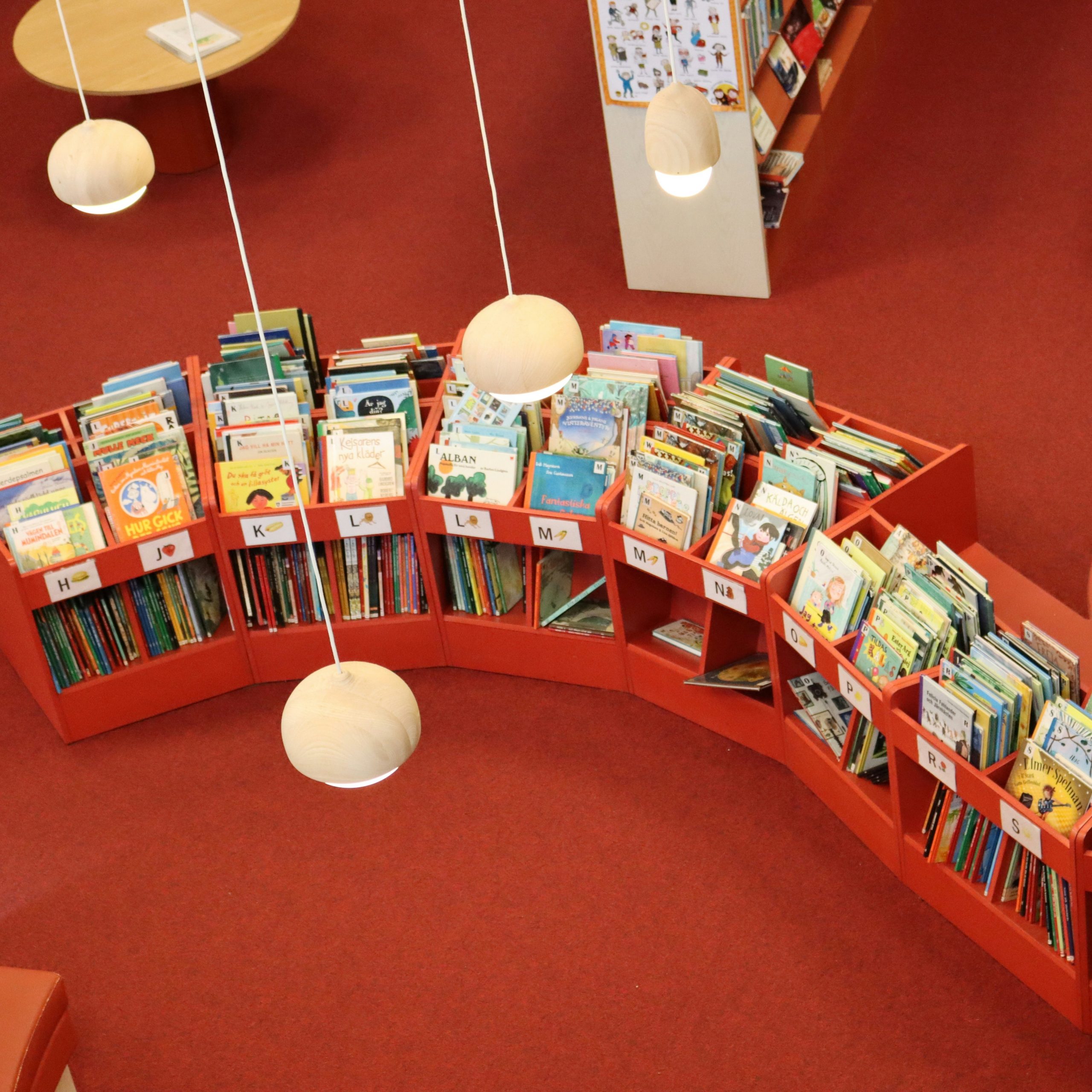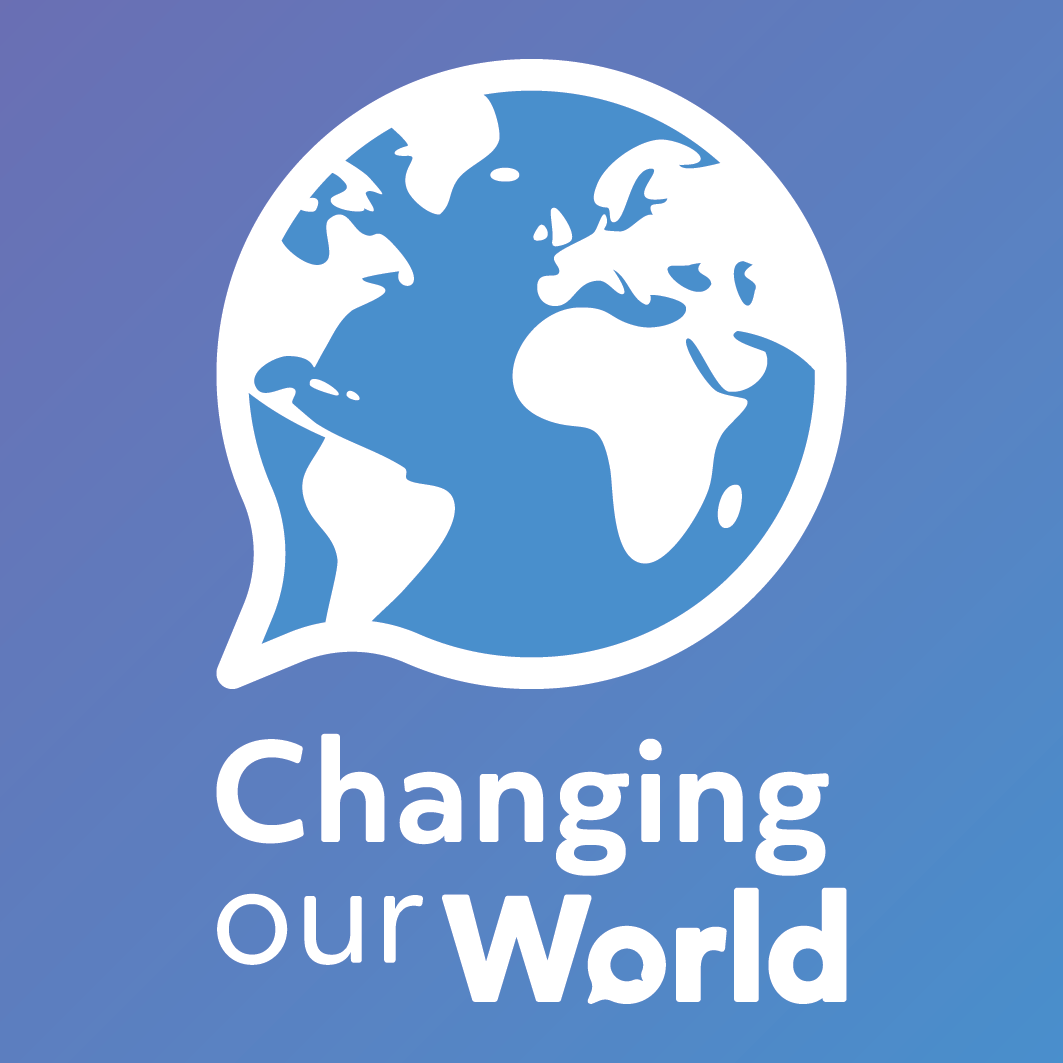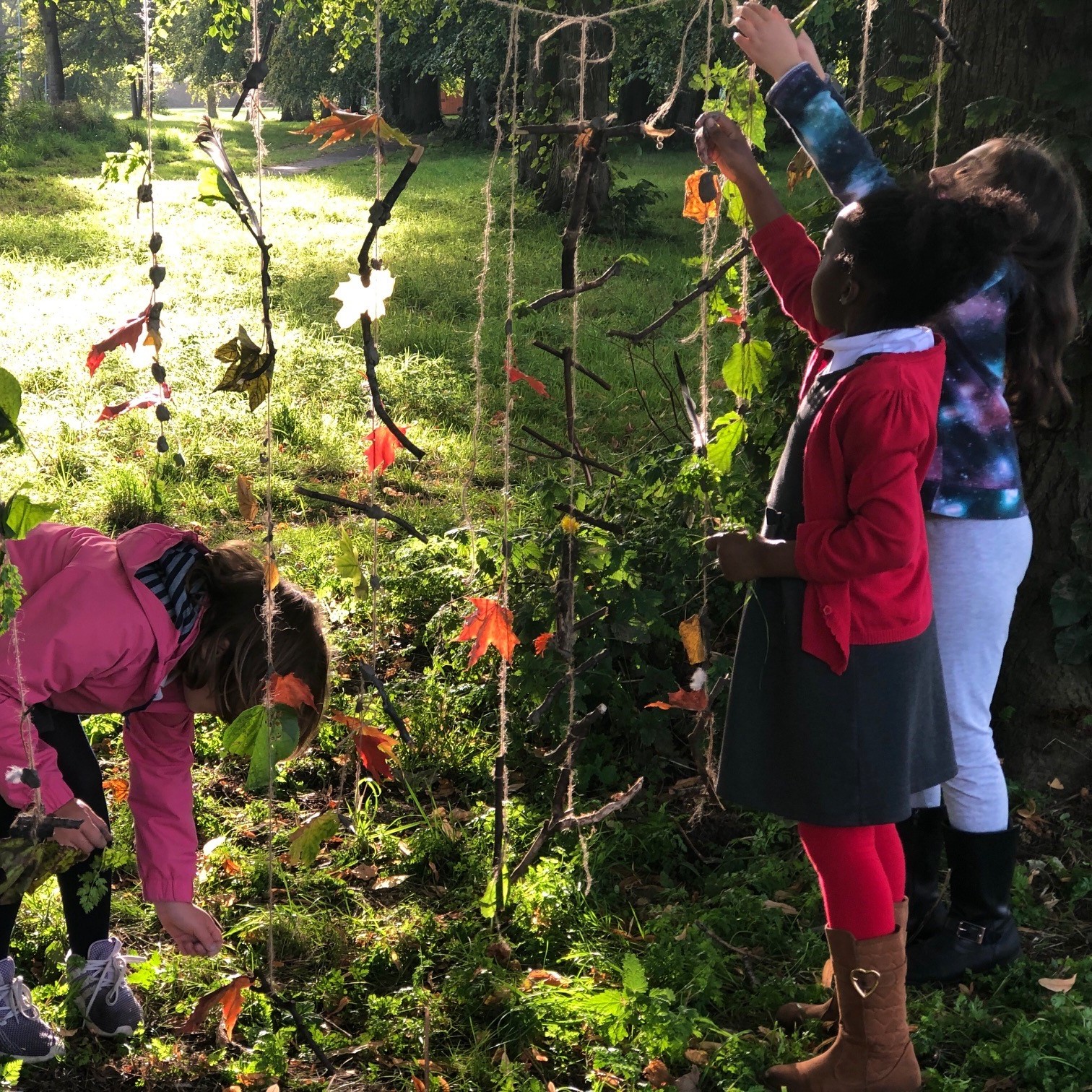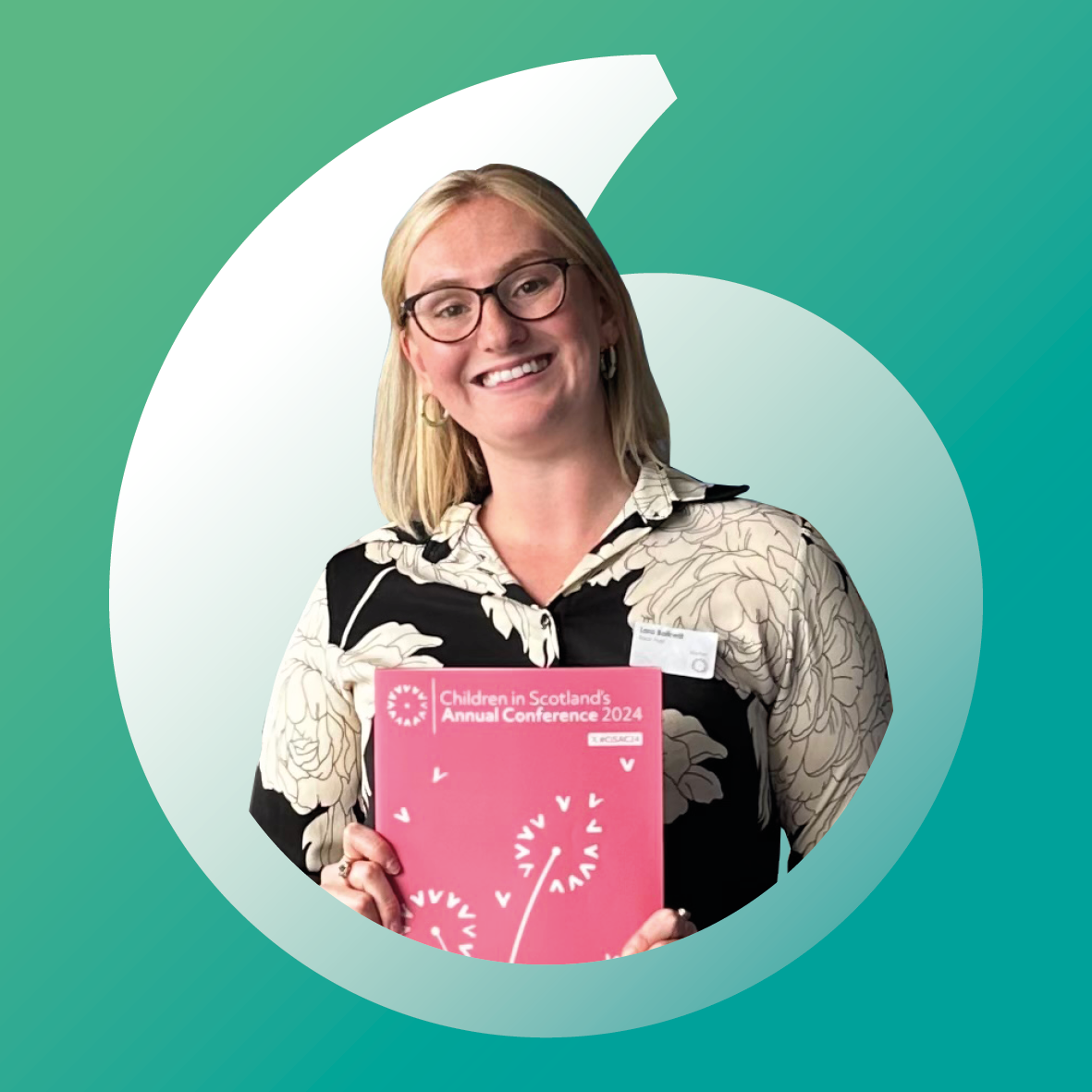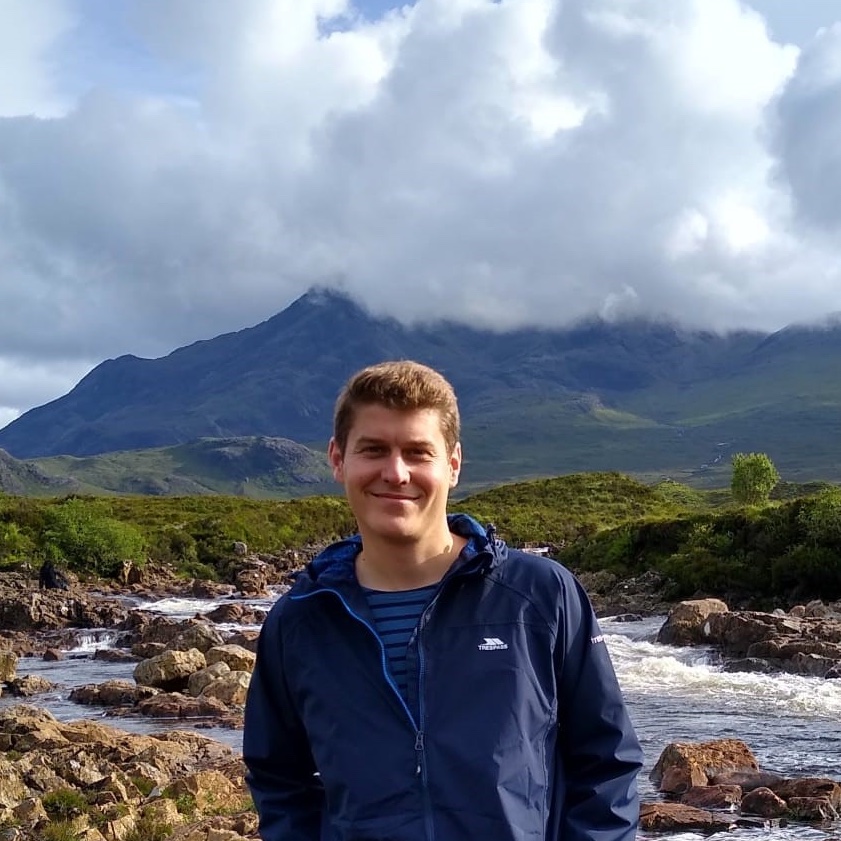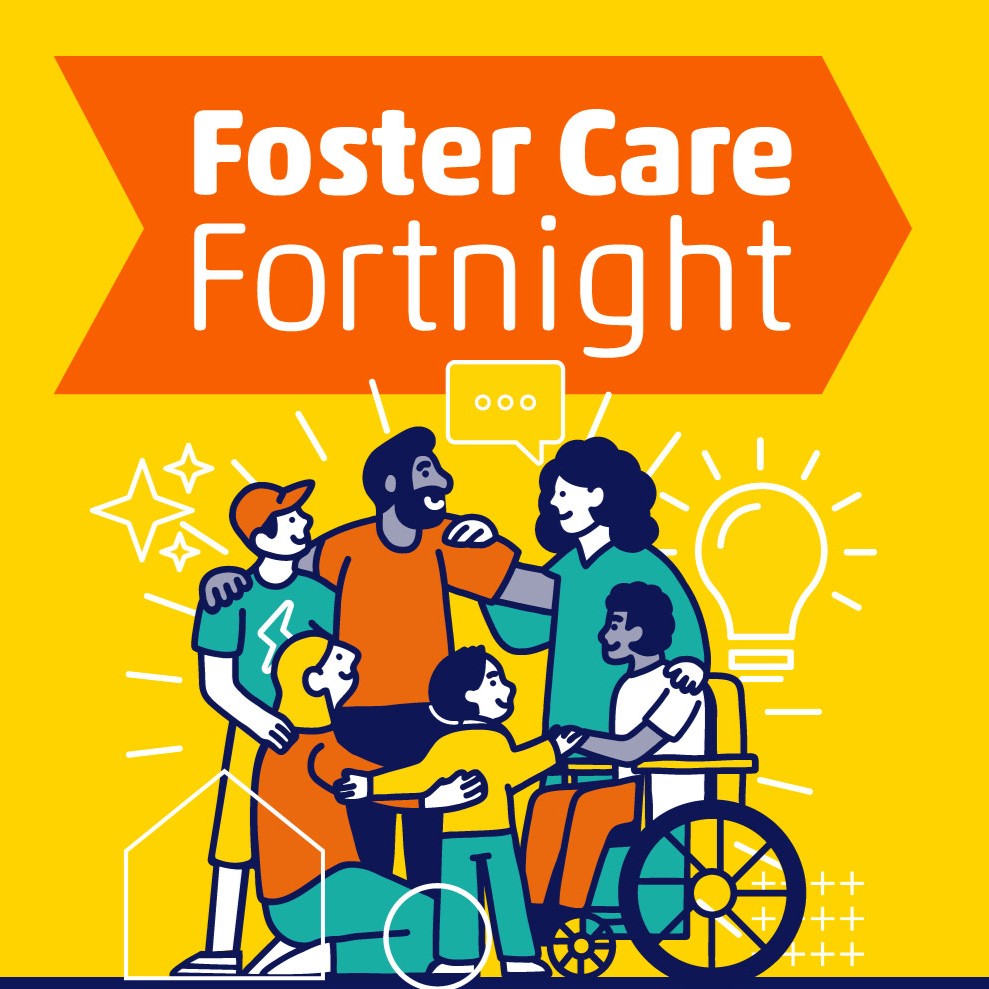The young people changing our world
11 Jun 2025
Changing our World (CoW) is our children and young people’s advisory group. The group sits at the heart of our work and by sharing their experiences, thoughts and passions, members make a real difference on key issues impacting the lives of children and young people across Scotland.
It is an exciting time for the group as we look for new members — an opportunity that only occurs every two years. Our current member, Olive, shares her experiences— from campaigning on important issues and meeting different people from across Scotland to enjoying a well-earned pizza lunch after CoW meetings.
Hi, I’m Olive!
In 2019, I started working with Children in Scotland when I was 11 and still in primary school and participated in a project called the “Heritage Hunters”. After that, I joined Changing our World and now, thanks to the group continuing to engage me and help me participate, I’m entering my final year of high school and I’m still part of it!
I’ve been lucky enough to participate in a number of CoW projects, including exploring education provision for young people and helping to plan Children in Scotland’s Annual Conference. I’ve also worked on projects out with CoW like the Access All Arts Fund. CoW has helped me to foster my own interests and decide to (hopefully) study politics at university.
Changing our World is a hugely rewarding group to be a part of. You get the opportunity to meet many different people from across Scotland who you might not otherwise have encountered, and work with them on lots of different things. We cover many different “hot topics”, meaning if there’s something you are particularly passionate about, you can share your feelings on that area and potentially do work in it! For example, after a member of the group raised their concerns over vaping in their community around young people, we did a considerable amount of work on it.
The meeting structure is blended between online and longer in-person meetings in Edinburgh. The meetings are structured and well organised. We do lots of work but have fun as well (including pizza for lunch)!!
There are many different ways to share your views, such as through talking, writing and even drawing, and all the leaders of the group work extremely hard at making everyone welcome. There are also opportunities to take part in interview processes within the charity, which I have found very exciting.
Whether you’re someone who’s just turned eight, and are starting to discover what you’re passionate about, or 22, CoW is perfect for everyone to be represented and welcomed, regardless of age, background, or other parts of someone’s identity.
Overall, joining CoW has been varied, challenging, fun and rewarding! Everyone gets the chance to share their views, and I would recommend it to anyone.

Become a member of Changing Our World
Download our info sheet to find out more about the application process. Apply before 14 July 2025.
Click here for more
About the Author
Olive is currently a member of Changing our World. Learn more about the group.
Click here for more